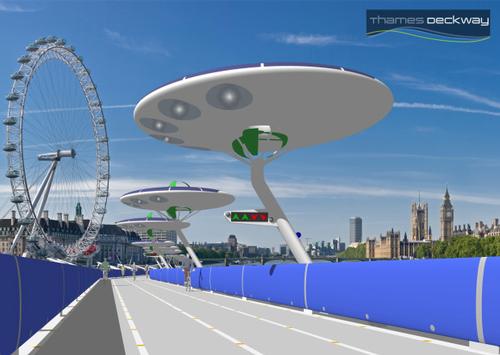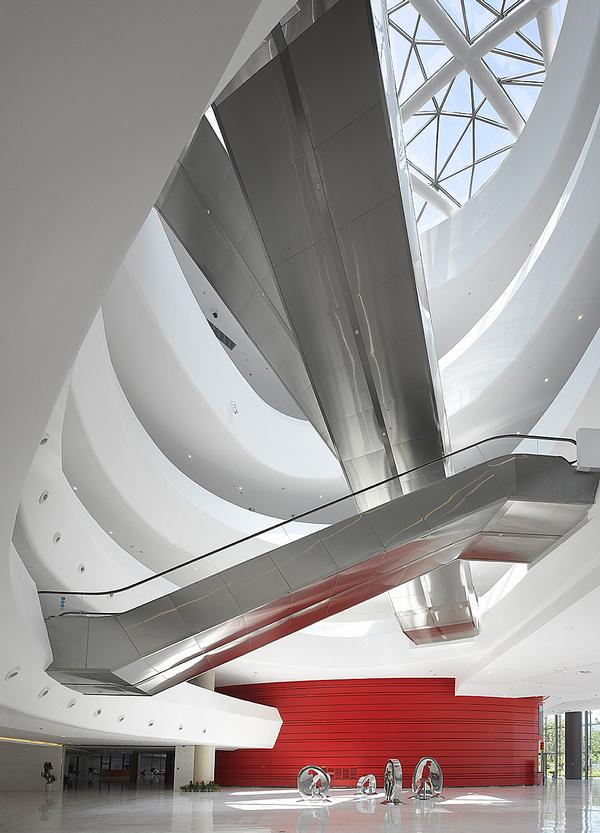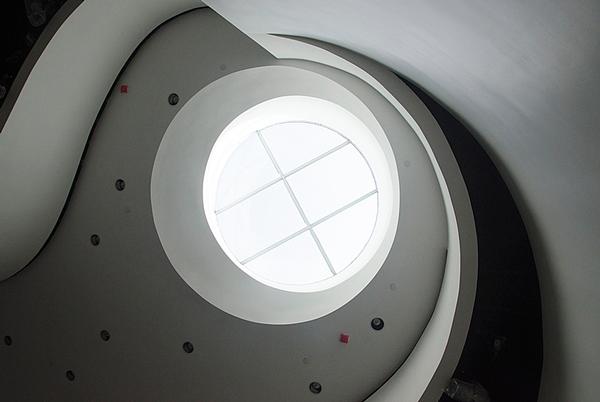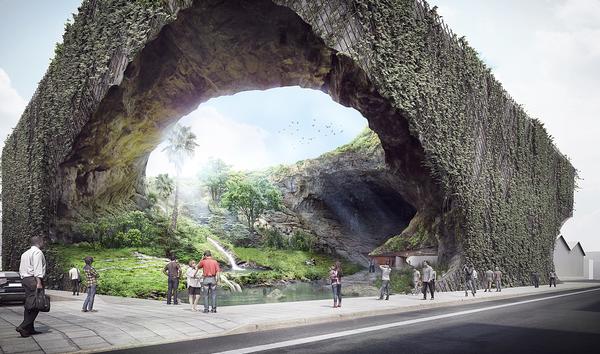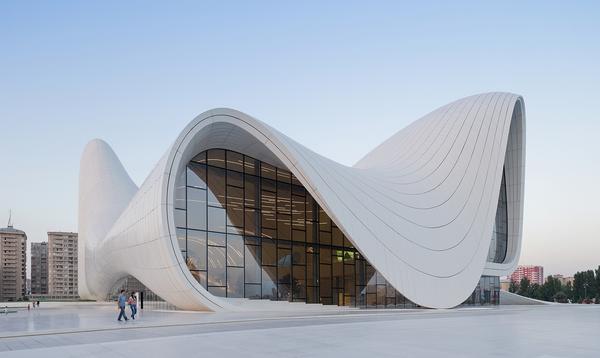Crowdfunding underway for a floating cycle highway on the Thames
A crowdfunding campaign has been launched to harness the “huge transportation capacity” of London’s Thames River to create a floating cycle highway running through the heart of the congested city.
The team behind the Thames Deckway - a 7-mile (11km) stretch of cycle path that would float alongside the banks of London’s famed river - are aiming to raise £175,000 (€245,000, US$264,000) on IndieGogo to pay for a feasibility study to reinforce the business case for the project.
Thames Deckway is a concept proposed by River Cycleway Consortium, which is led by architect David Nixon and environmental entrepreneur Anna Hill, in conjunction with Arup and David Broughton Architects. Running from Battersea to Canary Wharf, the waterside cycle path would decrease journey times by up to 30 minutes, the consortium predicted.
One of the downsides of the seven miles of floating decking, which would potentially have to carry thousands of commuting cyclists, would be its prohibitive costs. At an estimated £600m (€755m, US$955m), the consortium suggested off-setting the costs by charging cyclists £1.50 (€1.80, US$2.40) per journey. A single Tube journey, by comparison, is currently £4.70 (€5.90, US$7.50).
A statement on the project's crowdfunding website says: "The Thames Deckway is a high-impact social and environmental enterprise that requires citizen engagement and support.
"We believe it can be built without any public financing. For this to succeed, we need your crowdfunding support to complete some vital steps."
Keeping cyclists safe on the roads has become an increasingly important matter as the number of commuters and leisure riders taking to two wheels has soared in recent years, reaching 582,000 cycle trips per day in 2012 according to Transport for London (TfL) figures. That figure signifies an 80.1 per cent increase in daily cycle trips since 2002.
The deckway would host its own bicycle fleet offering infant carriages, child bicycles, tandems and tricycles while traffic density and flow would be monitored by satellite. According to the crowdfunding page, the Deckway would draw all its energy from combined solar, wind and tidal sources to power its communications, sensing, monitoring and lighting systems. The developers say the exposed nature of the river to wind and sun and its five-knot tidal ebb and flow makes this possible, adding that when power generation drops, the Deckway's systems will run off batteries below the decks.
If the project gets the go-ahead it is thought the deckway could be built within two years, with an opening date slated for June 2023.
Active design has been a hot topic in recent months, especially in light of new research which found cities which strive to promote physical activity gain a significant economic advantage. A study from cycling charity Sustrans, meanwhile, found that the UK’s National Cycle Network has saved the economy more than £7bn since it was established 20 years ago.
Top teams in running for new London cycling bridge over the Thames
Cycling and walking routes have saved UK economy ‘more than £7bn’
Quarter of a million line route of inaugural Tour de Yorkshire
Gensler takes London’s transport future underground with active commuting concept
Boris Johnson pushes ahead with “Crossrail for Bikes”
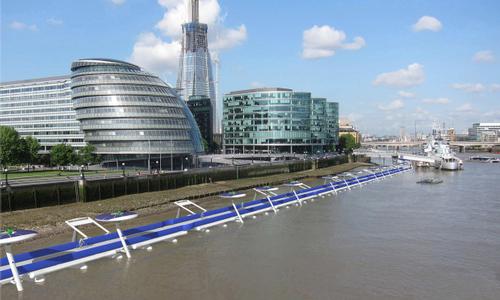
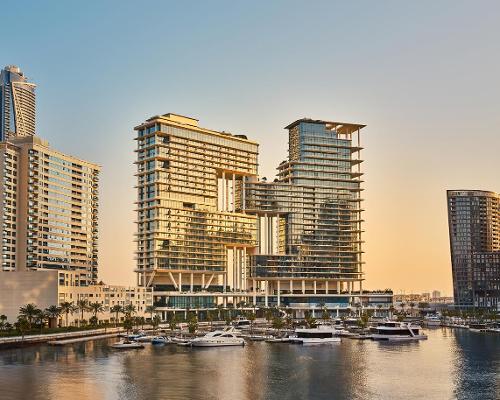
UAE’s first Dior Spa debuts in Dubai at Dorchester Collection’s newest hotel, The Lana

Europe's premier Evian Spa unveiled at Hôtel Royal in France

Clinique La Prairie unveils health resort in China after two-year project
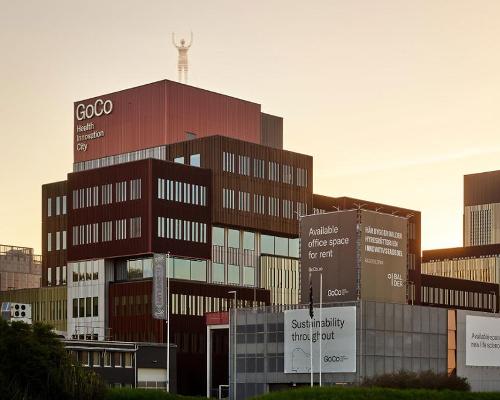
GoCo Health Innovation City in Sweden plans to lead the world in delivering wellness and new science

Four Seasons announces luxury wellness resort and residences at Amaala

Aman sister brand Janu debuts in Tokyo with four-floor urban wellness retreat

€38m geothermal spa and leisure centre to revitalise Croatian city of Bjelovar
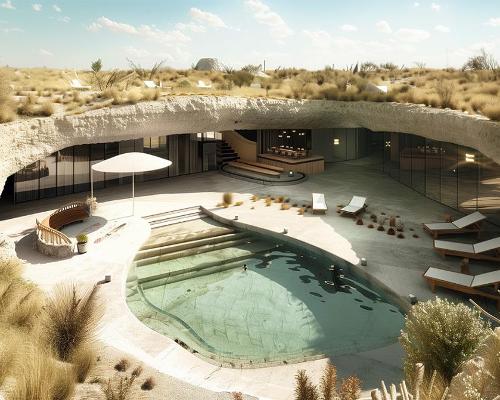
Two Santani eco-friendly wellness resorts coming to Oman, partnered with Omran Group

Kerzner shows confidence in its Siro wellness hotel concept, revealing plans to open 100

Ritz-Carlton, Portland unveils skyline spa inspired by unfolding petals of a rose
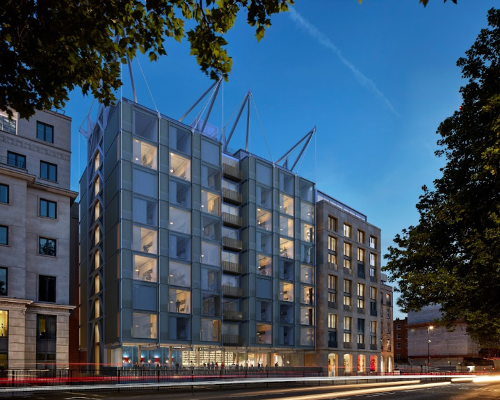
Rogers Stirk Harbour & Partners are just one of the names behind The Emory hotel London and Surrenne private members club

Peninsula Hot Springs unveils AUS$11.7m sister site in Australian outback

IWBI creates WELL for residential programme to inspire healthy living environments

Conrad Orlando unveils water-inspired spa oasis amid billion-dollar Evermore Resort complex
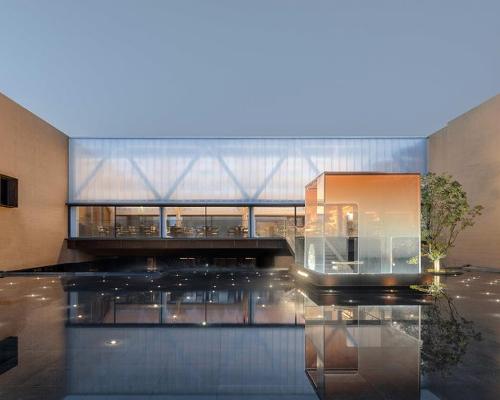
Studio A+ realises striking urban hot springs retreat in China's Shanxi Province

Populous reveals plans for major e-sports arena in Saudi Arabia

Wake The Tiger launches new 1,000sq m expansion

Othership CEO envisions its urban bathhouses in every city in North America

Merlin teams up with Hasbro and Lego to create Peppa Pig experiences
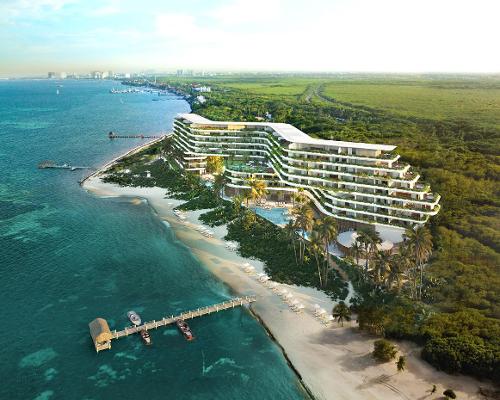
SHA Wellness unveils highly-anticipated Mexico outpost

One&Only One Za’abeel opens in Dubai featuring striking design by Nikken Sekkei

Luxury spa hotel, Calcot Manor, creates new Grain Store health club

'World's largest' indoor ski centre by 10 Design slated to open in 2025

Murrayshall Country Estate awarded planning permission for multi-million-pound spa and leisure centre

Aman's Janu hotel by Pelli Clarke & Partners will have 4,000sq m of wellness space

Therme Group confirms Incheon Golden Harbor location for South Korean wellbeing resort

Universal Studios eyes the UK for first European resort
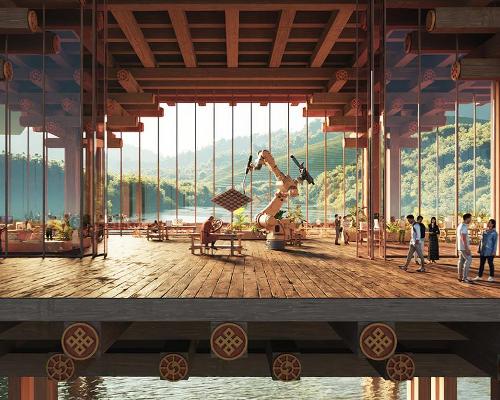
King of Bhutan unveils masterplan for Mindfulness City, designed by BIG, Arup and Cistri

Rural locations are the next frontier for expansion for the health club sector




